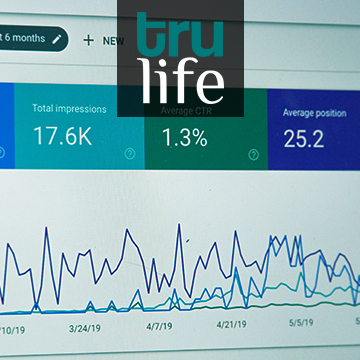At TruLife Distribution, we know how important it is to invest in a thoughtful, high-quality marketing and distribution strategy. The way that you present your brand and market your products to consumers in the United States can have a powerful impact on whether or not your company succeeds over time.
While most business owners agree with the above sentiment, they tend to do so when times are good. As soon as a challenge arises and budgets shrink, that sentiment changes.
When something like a recession — which many think is likely in the next year or two — takes place, many leaders are too quick to shove the marketing budget onto the chopping block.
The Case for Amping Up Marketing in an Economic Downturn
Recessions are nasty for consumers and business owners alike. As consumers cut budgets, business revenue drops. This often leads to correlating budget cuts within the companies themselves.
When revenue contracts, marketing is often the first area that leaders target — and for some pretty obvious reasons. Marketing tends to be creative, artistic, and even vague at times. Something like a brand awareness campaign doesn’t come with the same rock-solid numbers as closing a sale or releasing a new product.
Even so, it’s important for business leaders to realize the tremendous opportunities that a recession creates — or even a temporary pullback in the markets, for that matter. When others begin to slash their marketing budgets, it can create unique opportunities for growth.
For instance, when markets slump, advertising can come at a discount due to lower demand. As businesses in your industry shrink across the board, it can also generate a fresh pool of potential customers. These were previously loyal to a particular competitor and are suddenly willing to look for new brands to meet their needs.
Of course, just because marketing is necessary during a recession doesn’t mean it remains identical. On the contrary, the Great Recession which took place over a decade ago revealed some important ways that consumer psychology changes during an economic downturn.
Typically most consumers prioritize their purchases into four different categories:
- Essentials are required for survival and well-being.
- Treats are superfluous but can be justified in the moment.
- Postponables will be purchased at some point but can be easily postponed.
- Expendables are unnecessary items that can be abandoned.
When a recession hits, many consumers reevaluate where each purchase falls within these four categories. It’s important for businesses to also understand this, do their research (e.g. ask for feedback, conduct surveys, etc.) and then adjust their marketing approach accordingly.
Marketing With a Partner in a Downturn
Marketing during a downturn isn’t just worth it. It can be a catalyst for explosive future growth. Even so, the budget pinch caused by a recession is still very real.
If you’re seeing the need to reduce your marketing expenses, but you want to take advantage of upcoming marketing opportunities, one option is to work with a third-party marketing agency like TruLife.
Outsourcing your marketing and distribution efforts can help you cut in-house costs. At the same time, it can keep the momentum moving by tapping the power, resources, and services of experienced industry veterans.
If you’re considering outsourcing your marketing and/or distribution now or in the near future, give us a call. We’d love to help you make the most of the months and years ahead, no matter what they may hold.








